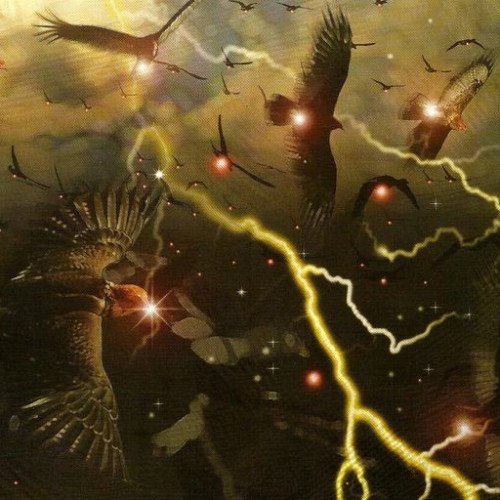Ababil (mythology) VS Pontianak (folklore)

Ababil (mythology)
Ababil (Arabic: أبابيل, romanized: abābīl) means a flock of birds. It refers to the miraculous birds in Islamic belief mentioned in Sura 105 of the Quran that protected the Kaaba in Mecca from the Aksumite elephant army of Abraha, then self-styled governor of Himyar, by dropping small clay stones on them as they approached. In the translation of sahih international, the phrase "tayran abābīl(a)"(طَيْرًا أَبَابِيلَ) is translated as "Birds in flocks" that is mentioned in the verse 105:3. The event is said to have occurred in 570, the year that the Islamic prophet Muhammad was born.
Statistics for this Xoptio

Pontianak (folklore)
The Pontianak, Matianak or Kuntilanak (from Dutch-Indonesian: Puntianak, Jawi: ڤونتيانق), sometimes shortened to Kunti, is a mythological creature in Malay and Indonesian folklore. It is described as a vampiric, vengeful female ghost. The pontianak is the singular form of Kuntilanak, a woman who died in childbirth. Similar to the langsuir in Southeast Asia, the pontianak is a long-hair female bloodsucker that represents a local variation of vampire lore. She lures in unsuspecting men to incite fear and enact revenge. Signs that a pontianak is nearby include the sound of an infant crying and the smell of decaying corpses or the plumeria flower.